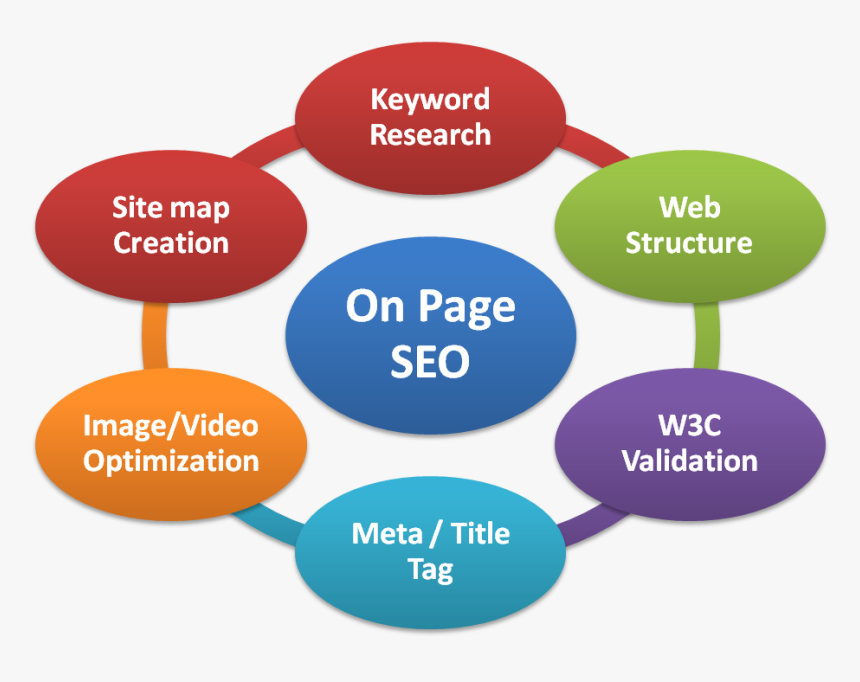
Keyword Research:
- Start by researching relevant keywords related to your topic. Use tools like Ahrefs or SEMrush to find high-traffic keywords that align with your content.
Understand User Intent:
- Consider the intent behind the search queries. Are users looking for information, solutions, or products? Tailor your content to address their needs.
Unique and Engaging Content:
- Aim for originality. While AI-generated content can be efficient, it may lack the personalization and authenticity that human-written content provides1.
- Craft engaging content that solves readers’ problems and keeps them interested.
Optimize Your Content:
- Use your primary keyword naturally throughout the content. Include it in the title, meta description, headings, and within the body.
- Break up your content into digestible sections with relevant subheadings.
- Ensure your content is well-structured and easy to read.
Internal and External Links:
- Include internal links to other relevant pages on your website. This helps with site navigation and improves SEO.
- Add external links to authoritative sources. It shows that you’ve done your research and adds credibility.
User Experience Matters:
- Optimize your content for mobile devices. Google considers mobile-friendliness when ranking pages.
- Use images, videos, and other multimedia elements to enhance the user experience.
Craft a Compelling Meta Description:
- Your meta description should be enticing and encourage users to click through to your page. Keep it under 160 characters.
Create an Engaging Title:
- Your title should be relevant, descriptive, and attention-grabbing. It’s often the first thing users see in search results.
Remember, quality content that satisfies both search engines and human readers is the key to successful on-page SEO.
Why On-Page SEO is more Preferred then OFF-Page SEO?
On-Page SEO:
- Definition: On-page SEO refers to optimization efforts made directly on the website itself.
- Focus: It revolves around content, HTML, and the overall structure of individual web pages.
- Key Elements:
- Content Quality: Creating valuable, relevant, and engaging content.
- Keyword Optimization: Using relevant keywords naturally within the content.
- Meta Tags: Optimizing meta titles and descriptions.
- URL Structure: Ensuring user-friendly URLs.
- Internal Linking: Connecting related pages within your site.
- User Experience: Improving page load speed and mobile-friendliness.
- Emphasis: On-page SEO emphasizes user experience and directly impacts how well your content ranks in search results.
Off-Page SEO:
- Definition: Off-page SEO involves activities outside the website to enhance visibility and authority.
- Focus: It centers around building external relationships, reputation, and authority.
- Key Elements:
- Backlinks: Acquiring high-quality backlinks from other reputable websites.
- Social Media Marketing: Promoting your content on social platforms.
- Influencer Marketing: Collaborating with influencers to expand reach.
- Brand Mentions: Being mentioned or cited by other websites.
- Emphasis: Off-page SEO focuses on external credibility and contributes to your overall online presence.
Why Both Matter:
- Synergy: On-page and off-page SEO work together. While on-page optimization ensures your content is relevant and user-friendly, off-page efforts build authority and trust.
- Search Engine Algorithms: Search engines consider both aspects when ranking websites. Backlinks (an off-page factor) play a significant role in determining a site’s authority.
- Holistic Approach: A holistic approach that combines both on-page and off-page strategies leads to better rankings and visibility.
Remember, a successful SEO strategy involves a balance between these two approaches.
